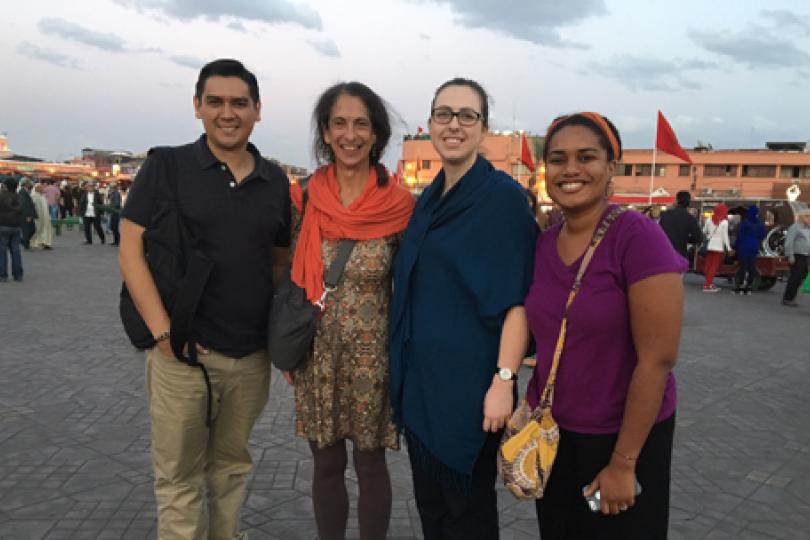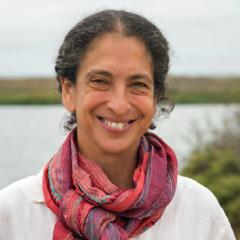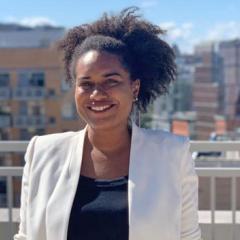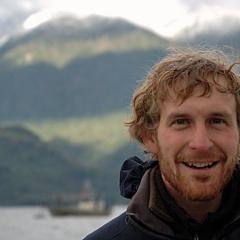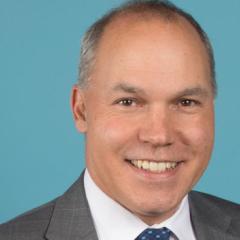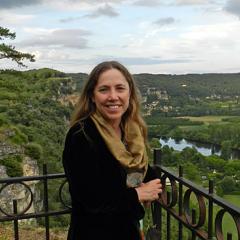Switzer Fellows at COP22
Nearly a dozen Switzer Fellows attended and participated in the COP22 climate conference in Marrakech, Morocco, in November. This year's COP was highlighted by two significant trends. One, of course, was the outcome of the U.S. presidential election and the questions and concerns it raised across the globe about the potential for future U.S. leadership on climate change. The other significant trend was the general sense that the Paris agreements for significant CO2 reductions can withstand the ebbs and flows of political will, even from the U.S. As countries recognize the ecological, economic and social costs on unmitigated emissions, they see the imperative of future reductions and the necessity of helping the agreements endure.
Switzer Fellow Melanie Allen, of Conservation International, was there with her colleagues to provide technical information about the contributions of forest conservation and other mechanisms for meeting emissions targets. Others, including Robert Heilmayr, of UC Santa Barbara, were observing how the various implementation strategies outlined in Paris would be undertaken. Switzer Fellow and Board trustee Joe Aldy presented his work at Harvard on how climate agreements can endure. Margaret Torn, of Lawrence Berkeley National Lab, was sharing her work on the potential for deep decarbonization in our energy system. Other Fellows were representing government agencies, NGOs and other academic institutions. Although we were not all able to connect face-to-face, we were connected by the will and interest to carry efforts forward to a low carbon future, regardless of the direction of political winds.
I was able to attend the Green Zone, or civil society and innovations arena, of the conference. Many of the exhibits and talks focused on regional initiatives in Morocco and North Africa, emphasizing sustainability initiatives, women's leadership, indigenous peoples' efforts, and arts and cultural expressions of our connections with climate, food, energy, and community development. Some countries offered energy innovation and technological assistance to help promote renewable energy, water efficiency and food system strategies to countries of this region. It was humbling to see the breadth of energy and effort at the local level, while global discussions were taking place.
I invite Fellows who were in attendance at COP22 to share your writings, reflections and news from your participation either in person at the conference, or through your organizational efforts.
